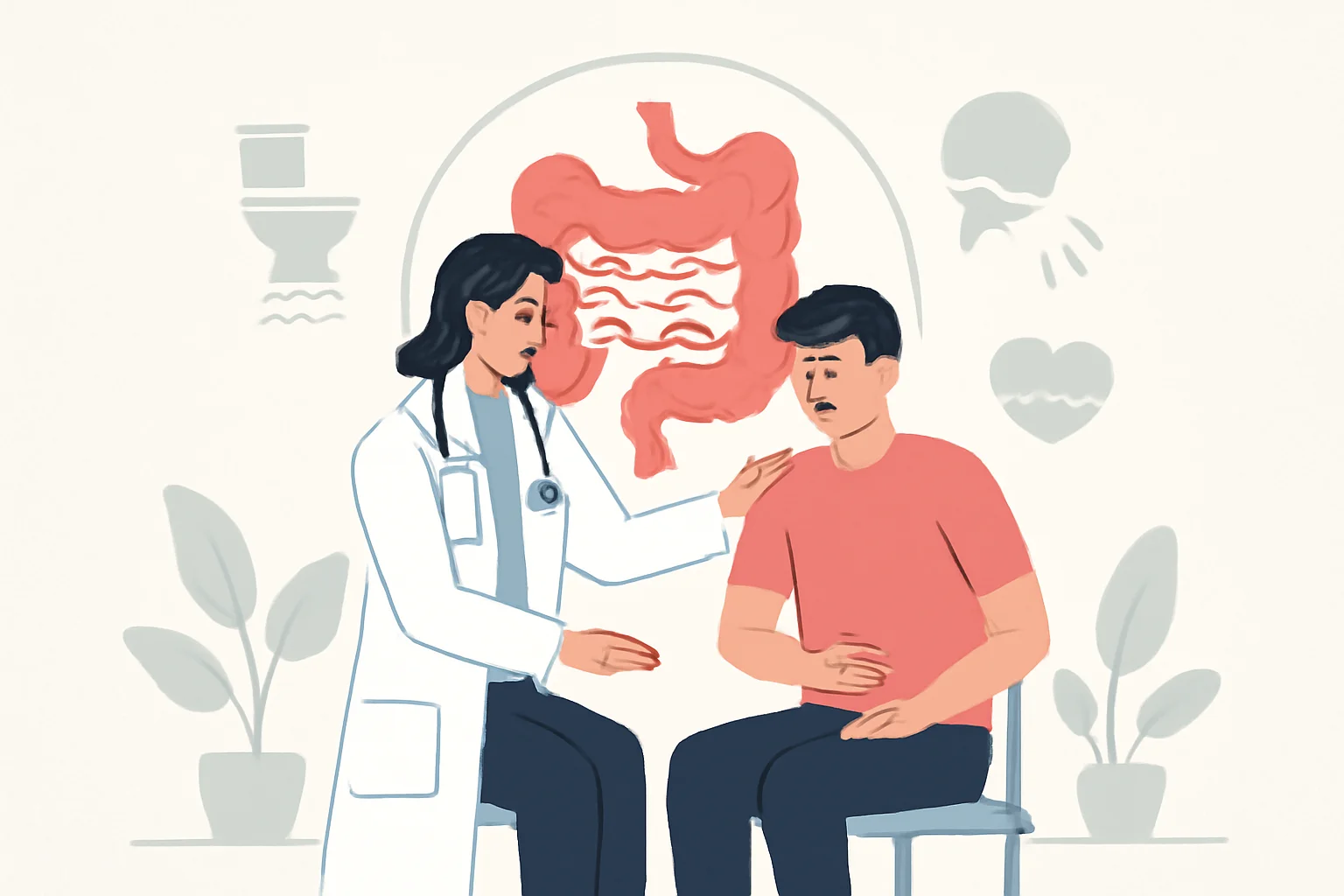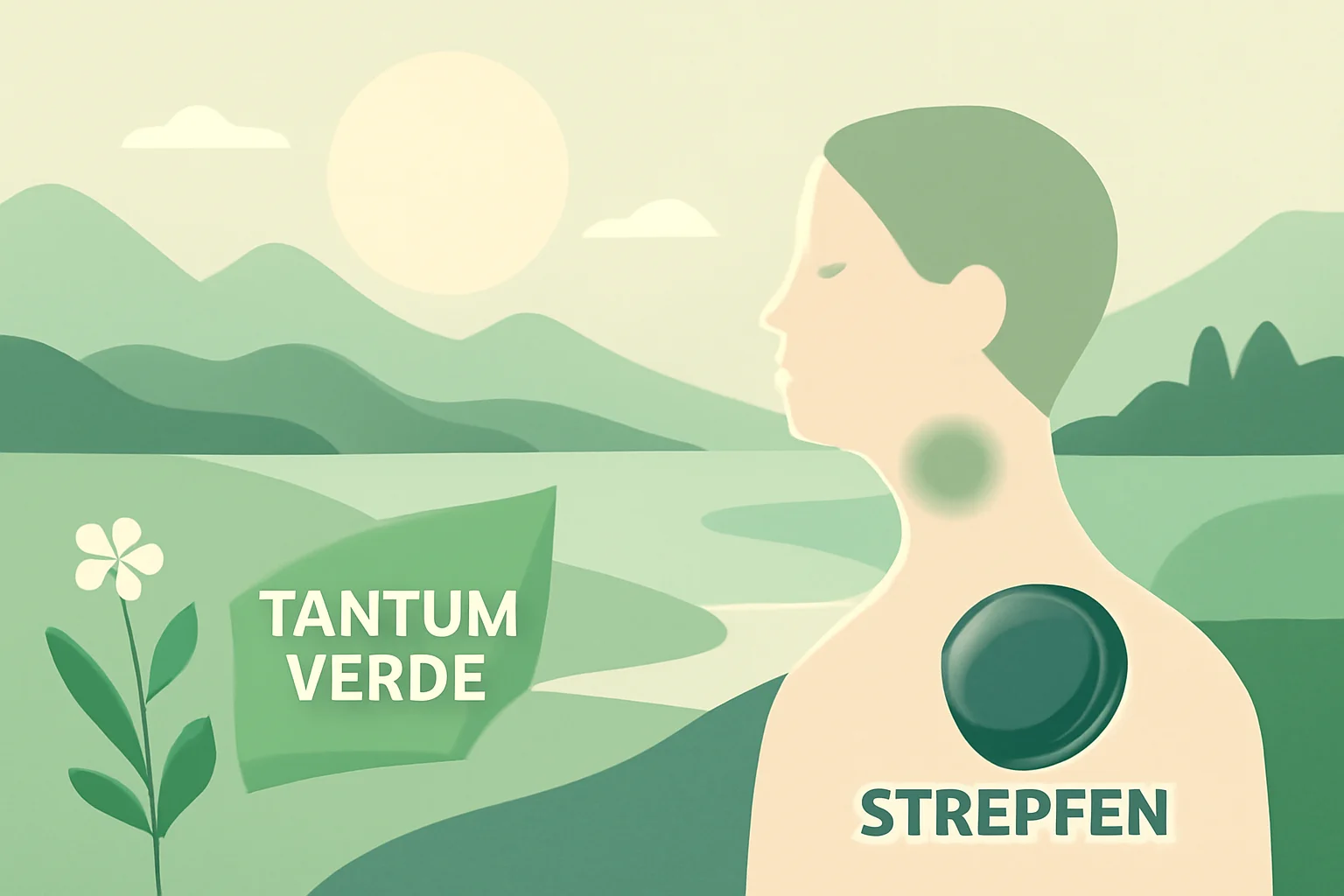
Diarrhea and Vomiting: Causes, Symptoms, and Effective Treatment Methods
The symptoms of diarrhea and vomiting can affect many people, and while they are not always signs of serious problems, they can still cause significant discomfort. These symptoms are often associated with gastrointestinal disorders, infections, or dietary habits. Diarrhea typically involves an increase in bowel movements, while vomiting refers to the uncontrolled expulsion of stomach contents. In both cases, it is important to maintain proper hydration, as fluid loss can have serious consequences.
There are several causes behind diarrhea and vomiting, including viruses, bacteria, food intolerances, or stress. To establish an accurate diagnosis, it is essential to consider accompanying symptoms, the duration of the condition, and any potential dietary history. Since these symptoms often correlate with one another, it is worthwhile to be aware of when to seek medical help and when home treatment may be sufficient. Below, we will examine the causes, symptoms, and possible treatment options for diarrhea and vomiting in more detail.
What Causes Diarrhea?
Diarrhea can arise from numerous causes, with viral or bacterial infections being among the most common. Gastroenteritis, also known as stomach flu, often causes sudden-onset diarrhea accompanied by fever, vomiting, and abdominal pain. The most common sources of these infections are contaminated foods or drinks that are tainted with bacteria or viruses.
Additionally, food intolerances, such as lactose intolerance or gluten sensitivity, can also lead to diarrhea. In these cases, the body is unable to properly digest certain foods, resulting in gastrointestinal symptoms. This type of diarrhea usually occurs a few hours after consuming the problematic food.
Stress and anxiety can also significantly impact the digestive system, and many people find that they experience diarrhea in exciting or stressful situations. The increased bowel movements triggered by stress can complicate daily life, and while it does not always indicate a serious problem, it can be bothersome in the long term.
The use of medications can also contribute to the development of diarrhea. Many medications, such as antibiotics, can affect the gut flora, which may also lead to diarrhea. In such cases, taking probiotics may help restore the balance of gut flora.
Causes and Symptoms of Vomiting
Vomiting can arise from a variety of causes and is often a consequence of irritation or inflammation of the stomach. Nausea and vomiting are common symptoms of gastrointestinal infections, but other factors can also contribute to their onset. Food poisoning, which results from consuming contaminated foods, frequently leads to vomiting, with symptoms appearing suddenly.
Another common cause of vomiting is motion sickness, which can occur particularly during travel in cars, on boats, or in airplanes. This form of vomiting is a result of dysfunction in the vestibular system and usually resolves with the cessation of movement.
Alongside vomiting, nausea, abdominal pain, and general malaise often occur. Due to the expulsion of stomach contents during vomiting, it is crucial to maintain proper fluid intake, as vomiting can lead to severe dehydration, especially in children and the elderly.
Another potential cause of vomiting is stress and anxiety, which can also irritate the stomach. Stress management techniques, such as breathing exercises or meditation, can help alleviate these types of symptoms.
How to Treat Diarrhea and Vomiting?
The treatment of diarrhea and vomiting largely depends on the cause and severity of the symptoms. The first and foremost step is rehydration, as dehydration can lead to serious complications. In addition to carbonated drinks, fruit juices, and water, electrolyte-rich beverages, such as isotonic sports drinks, can also help replenish fluid loss.
Home treatment options include consuming easily digestible foods, such as rice, bananas, boiled potatoes, and toast. These foods can help restore balance to the stomach and digestive system while avoiding the intake of irritating foods.
If symptoms worsen or if diarrhea and vomiting persist for more than a day or two, it is important to seek medical help. Prescription medications, such as anti-diarrheal agents, can help alleviate symptoms, but it is crucial to take them only under medical advice.
To prevent these issues, it is important to adhere to proper hygiene practices, such as regular handwashing, and to avoid contaminated foods and drinks. Vaccinations, such as the rotavirus vaccine, can also help prevent gastrointestinal infections.
**Warning:** This article does not constitute medical advice. If you have a health issue, please always consult a doctor!

